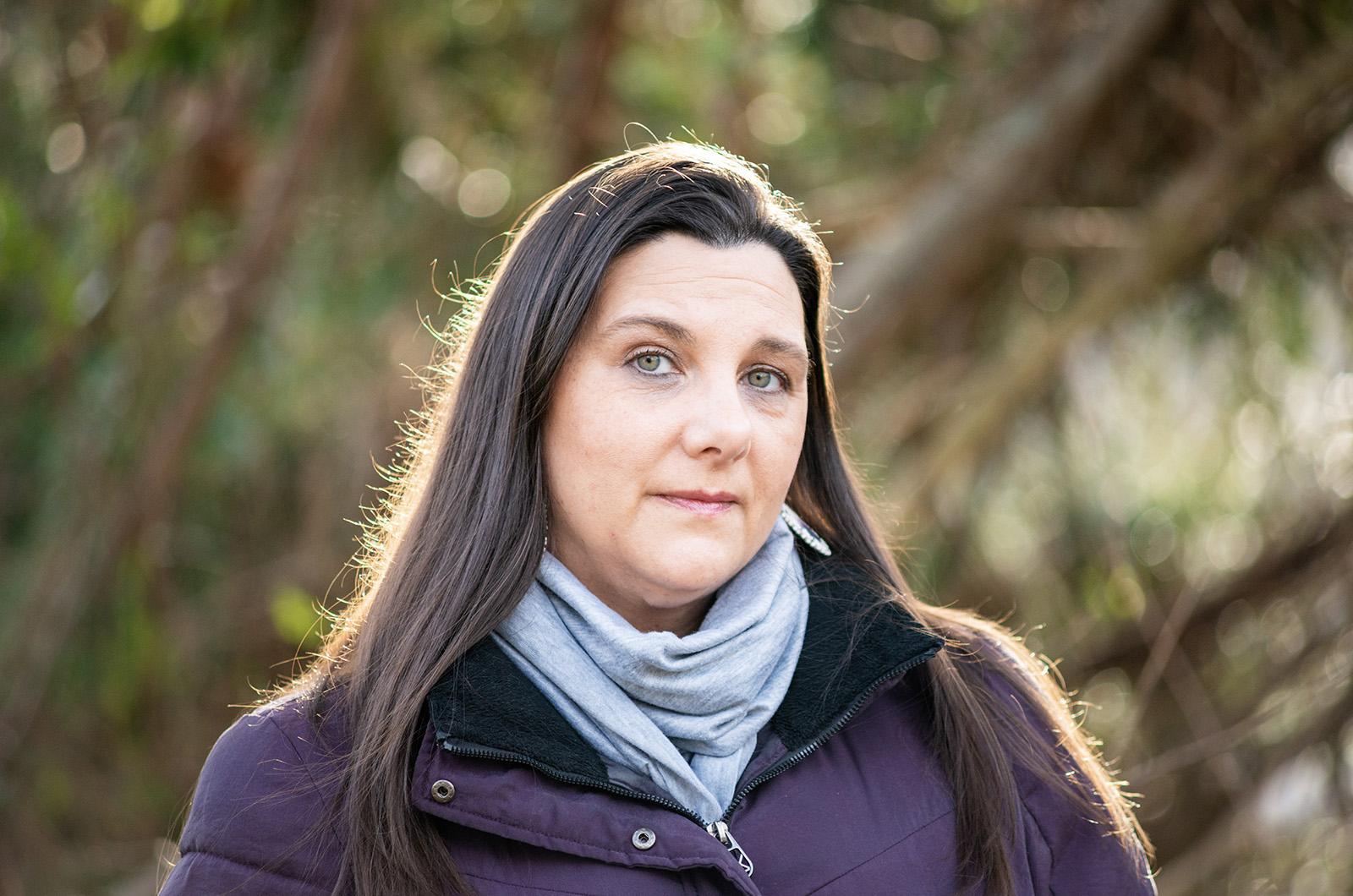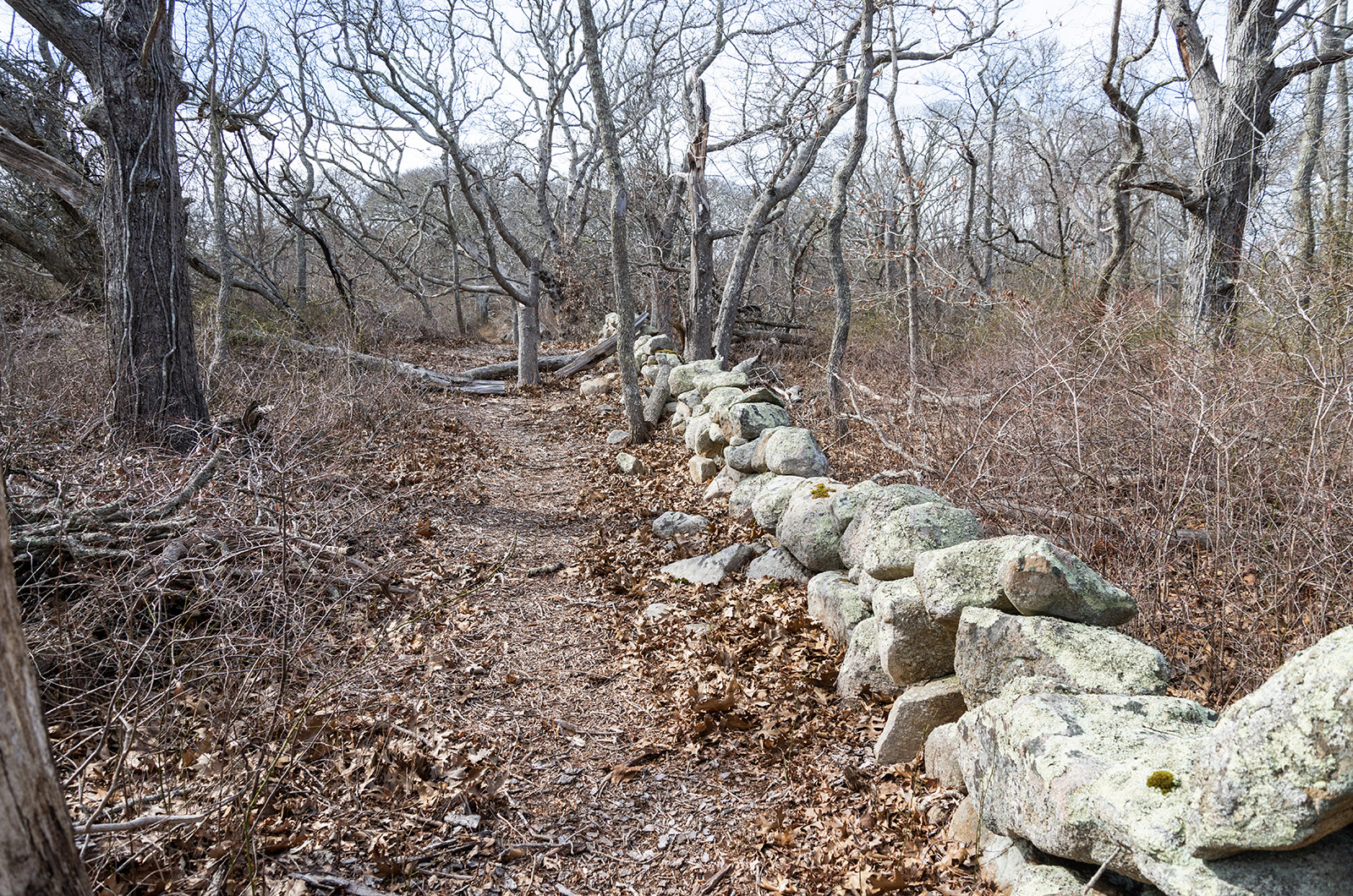An Aquinnah-based domestic violence relief organization is opening up new programs this year as it works to build the first Native-run shelter in Massachusetts.
Kinship Heals has long-range plans to construct a shelter in Aquinnah for victims of domestic violence and purchased eight acres of land last year. That project will take years to come to fruition, and, in the meantime, the nonprofit recently rented a property in Chilmark to create a healing center for tribe members.
Jennifer Randolph, the executive director of Kinship Heals, said the Chilmark property will be turned into a home-base for people who need a safe environment to take teletherapy calls, seek stress-relief, participate in support groups, enjoy a home cooked meal and engage in healing cultural practices.
She said a key factor in healing from sexual assault and domestic violence is one’s cultural and spiritual roots.
“For [Native people], it’s our traditional ways in our culture,” she said.
Kinship Heals is also helping people secure hotel rooms in emergencies, working with off-Island shelters, and setting up new youth programs.
“For our services, it’s not just about responding to an immediate crisis situation that’s happening, it’s about helping people heal from what’s happened to them, even if it was 30 years ago,” Ms. Randolph said.
There are few shelters for Native people across the country, and none in Massachusetts. That’s a major concern for Ms. Randolph, as 56 per cent of Native women in the U.S. experience sexual violence, about twice the average rate for the general population, she said.
Ms. Randolph led an Island-wide assessment to see how Aquinnah Wampanoag people are impacted by domestic violence and found that the local rates are in line with national statistics.
“People were like ‘well, we’re not like the tribes out west, we don’t have that problem here’,” Ms. Randolph said. “Yes, we do.... Most of our people don’t report.”
Currently, there are only 55 shelters for Native peoples in the United States and 574 total tribes; there are no domestic violence and sexual assault shelters for Native peoples in Massachusetts.
Ms. Randolph said it will take five years before the Aquinnah shelter will be up and ready. The organization needs to raise between $6 million and $7 million required for the project.
Ms. Randolph said that many shelters have multiple people living in the same room, which can be traumatizing for some. The future Kinship Heals center will emphasize a calm and peaceful atmosphere, with private rooms. Designs for the site plan show meditative spaces, a ceremonial gathering area, an education center and a food pantry, in addition to bedrooms where people can stay when needed.
“We call it a shelter because it’s easier for people to wrap their head around, but it will be more long-term, at least a year,” Ms. Randolph said. “There’s a lot of things that need to happen in order for them to be happy and healthy and successful in moving on, and that takes time.”
The organization did a lot of outreach at the recent powwow, Ms. Randolph said. A booth was set up at the September event where people could write down “gray flags”, what Ms. Randolph described as behavior that makes someone uncomfortable but isn’t reportable. The submissions will become part of a brochure to help educate others about behavior that makes people feel unsafe.
Attending powwows is a way for Kinship Heals to connect with youth, Ms. Randolph said. The organization started a youth program earlier this year, creating a healthy teen dating curriculum and looking to educate boys about toxic male behavior. A coordinator was recently hired for a new initiative called the Uncle Project, which aims to help boys impacted by violence.
The youth program will also focus on LGBTQ+ indigenous peoples and two-spirits, a native word for nonbinary individuals, and is bringing in Lenny Hayes, a member of the Sisseton Wahpeton-Oyate tribe in South Dakota and founder of Tate Topa Consulting LLC, to present information on the impact of historical and intergenerational trauma.
“I’m not about band-aids,” Ms. Randolph said. “I want to make a difference that’s really meaningful.”








Comments
Comment policy »